Guide
What are Home Remedies for Stomach Ulcers
Ulcers are painful sores that can develop in different parts of the body. Gastric ulcers, also called stomach or duodenal ulcers, form in the lining of the stomach or the duodenum—often due to acid reflux. The excess acid production in the stomach can cause significant damage and discomfort, making ulcers acutely painful.
Stomach ulcers affect approximately 2.4% to 6.1% of the population, and become increasingly common from adolescence into adulthood. Various factors can irritate the stomach or intestinal lining, leading to ulcer formation. The most common cause is an infection with Helicobacter pylori, also known as H. pylori.
Other factors associated with stomach ulcers include overuse of painkillers such as aspirin; nonsteroidal anti-inflammatory drugs (NSAIDs) like ibuprofen or naproxen; excessive alcohol consumption; smoking; stress, and spicy foods. While stress and spicy foods may exacerbate ulcer symptoms, they are not considered primary causes.
Stomach ulcers are commonly treated with antibiotics and conventional medication, which can result in side effects such as headaches and diarrhea. However, alongside these treatments, certain natural remedies may prove effective in alleviating the symptoms of stomach ulcers.
This guide outlines some home remedies for stomach ulcers, including herbs, foods, and supplements that might be beneficial additions to your treatment plan.
Always consult with your healthcare provider before integrating these foods and supplements into your regimen.
10 Home Remedies for Stomach Ulcers

1] Probiotics
Probiotics are beneficial microorganisms, including certain bacteria and yeasts, that support the health of the digestive system. They offer several advantages, ranging from mental health benefits to gut health improvement, and they can also help prevent the colonization of ulcer-causing bacteria.
Probiotics may stimulate the production of mucus in the stomach, forming a protective layer over the stomach lining. This potential benefit is currently under investigation.
In addition, the role of probiotics in promoting new blood vessel formation may facilitate the transport of healing compounds to ulcer sites, accelerating recovery. Moreover, probiotics have demonstrated effectiveness against H. pylori infections.
Studies indicate that individuals taking probiotics as part of conventional treatment experience enhanced beneficial effects by 150% and a 47% reduction in side effects.
Probiotics can be found in various common foods, such as:
- yogurt
- buttermilk
- fermented foods
- kimchi
- miso
Probiotics are also available in numerous supplements.
The optimal dosage for probiotics’ benefits remains unclear, but studies have utilized doses ranging from 200 million to 2 billion colony-forming units over periods of 2 to 16 weeks.
Probiotic-rich foods generally contain fewer colony-forming units per serving than supplements, yet they are still beneficial. Consider adding supplements to your diet for a higher concentration of these beneficial organisms.
2] Flavonoids
Flavonoids, also known as bioflavonoids, are polyphenolic compounds found in various fruits and vegetables. Research suggests that flavonoids may serve as effective natural remedies for stomach ulcers and other digestive issues such as diarrhea and spasms due to their gastroprotective properties.
These compounds are responsible for the vibrant colors found in some vegetables, fruits, and seeds.
Flavonoids can create a protective barrier for the stomach lining, potentially protecting against ulcers. Like probiotics, they enhance mucus production, which guards against H. pylori infections. Flavonoids also have antioxidant properties.
Foods and beverages rich in flavonoids include:
- apples
- cherries
- blueberries
- red grapes
- oranges
- lemons
- nuts
- soybeans
- legumes
- broccoli
- kale
- teas
These flavonoid-rich foods may aid in combating H. pylori infections and other digestive tract issues.
Though no adverse effects have been linked to routinely consuming flavonoids, excessive intake may impede blood clotting. Flavonoids can be incorporated into your diet through foods or supplements.
3] Licorice
Licorice has a history as a medicinal herb within various traditional healing practices. As a spice, its root is frequently used for health and wellness purposes. Native to Asia and the Mediterranean, dried licorice root has been consumed in these regions to ward off and treat stomach ulcers.
Deglycyrrhizinated licorice (DGL) has demonstrated efficacy in inhibiting the growth of H. pylori, according to research. DGL is essentially licorice root extract with an intensified sweet flavor, available primarily as a supplement, with most research focused on these supplements instead of the raw root.
A 2013 study also indicated that licorice supplements could suppress H. pylori infection and growth.
4] Honey
Honey serves purposes beyond being a natural sweetener. Known for alleviating coughs and colds, honey can also function as a potent antibacterial agent, aiding in ulcer treatment.
Depending on the plant source, honey encompasses nearly 200 beneficial elements, including antioxidants and polyphenols. It has shown efficacy in preventing H. pylori growth.
Since honey tends not to elevate blood sugar levels as much as refined sugars, it must still be consumed mindfully. Besides sweetening, honey confers numerous health advantages, including promoting heart and eye health and potentially preventing specific cancer types. Additionally, as a natural wound healer, honey may deter the development of ulcers and other sores.
5] Garlic
Garlic is a potent spice or herb known for its antibacterial and antimicrobial properties. It is one of the medicinal herbs used for ulcer treatment.
Garlic extract has been tested to inhibit H. pylori growth. Animal studies have shown that garlic extract may accelerate ulcer healing and prevent recurrence. Laboratory, animal, and human studies have collectively proven the extract’s effectiveness against ulcer-causing bacteria.
A specific study illustrated that consuming two raw garlic cloves daily for three days helped diminish H. pylori infection and bacterial activity.
Garlic, with its natural antimicrobial and antibacterial properties, aids in combating infections.
6] Cranberry
Cranberries have shown potential in reducing urinary tract infections by preventing bacterial adherence to bladder walls. Studies suggest that cranberry and its extract might also be effective against H. pylori.
Whether consumed as juice, fresh fruit, or a supplement, cranberries could offer ulcer relief. While no specific dosage recommendations exist, excessive cranberry consumption might induce intestinal discomfort due to high sugar levels.
Avoid commercial cranberry juices, as they often contain added sugars and artificial sweeteners.
7] Mastic
Mastic is resin sourced from the Pistacia lentiscus tree, commonly called the Mastic tree, which grows in the Mediterranean. It is also termed Yemen gum, Arabic gum, and tears of Chios.
Upon drying, the tree’s sap crystallizes into a translucent resin with a pine-like flavor that softens when chewed.
Mastic resin has been used in ancient medicine for treating gastrointestinal disorders, including stomach ulcers.
Animal studies indicate that mastic resin could serve as a natural ulcer remedy.
Research involving 38 ulcer-afflicted participants demonstrated that consuming 1 gram of mastic resin resulted in a 30% reduction in ulcer pain and symptoms compared to a placebo.
After two weeks, 70% of the mastic group participants healed from ulcers, while only 22% in the placebo group showed improvement.
Recently, mastic’s antibacterial activity against H. pylori has undergone similar testing. Participants consuming 350 mg of mastic gum thrice daily for two weeks achieved a 7% to 15% greater reduction in H. pylori infections than those receiving conventional treatments.
Chewing mastic gum has helped eliminate the bacteria in 3 out of 10 people, according to a study.
8] Turmeric
Turmeric, a South Asian spice, is renowned for its medicinal and culinary uses. Its antibacterial properties make it a staple in Indian cuisine, identifiable by its rich yellow color and spicy aroma. Turmeric, derived from plant roots, is typically used fresh or dried, primarily as powder.
Curcumin, the active compound in turmeric, contributes to its medicinal capabilities. Curcumin’s potent anti-inflammatory properties help address various issues, from enhancing blood vessel function to minimizing inflammation and chronic disease risk.
The anti-ulcer effects of curcumin have been explored recently in animal studies.
Curcumin seems to offer therapeutic benefits, especially for H. pylori infections, and stimulates mucus secretion to protect the stomach lining.
Despite limited human studies, research on 25 participants revealed that administering 600 mg of turmeric five times daily for four weeks resulted in a 48% healing rate, rising to 76% after 12 weeks.
Although the study lacked a placebo group, initial results were positive, suggesting that turmeric might ease ulcer symptoms and facilitate sore healing.
9] Cabbage Juice
Cabbage juice has been a traditional remedy for ulcers long before antibiotics emerged. Its richness in vitamin C—a powerful antioxidant—facilitates the treatment and prevention of H. pylori infections.
Animal studies have evaluated cabbage juice’s efficacy against ulcers, yielding positive outcomes. As a home remedy, cabbage juice effectively addresses stomach ulcers and various digestive ulcer types.
Initial human studies assessed the impact of fresh cabbage juice consumption on stomach ulcers, demonstrating superior healing results compared to contemporary conventional treatments.
In another experiment involving 13 participants with stomach and digestive tract ulcers, consuming a quart of fresh cabbage juice daily facilitated healing in an average of 7 to 10 days—3.5 to 6% faster than reported conventional treatment times.
Researchers continue to investigate the specific compound in cabbage responsible for promoting ulcer recovery.
10] Aloe Vera
Praised for its skin healing properties, aloe vera boasts antibacterial attributes and a soothing effect that nourishes and repairs the skin internally and externally.
Recent findings suggest that aloe vera might also serve as an effective home remedy for stomach ulcers.
An animal study documented aloe vera’s ability to reduce acid secretion in ulcer-afflicted rats.
Another animal study demonstrated aloe vera’s ulcer healing effects as comparable to omeprazole, a conventional ulcer treatment drug.
Limited human studies exist, with one study successfully treating 12 patients with concentrated aloe vera juice for stomach ulcers.
A study examining aloe vera’s influence on H. pylori infections involved participants consuming 1.4 mg/pound of aloe vera alongside antibiotics for six weeks, with results comparable to traditional treatment regimens in ulcer healing and bacterial growth inhibition.
Foods to Avoid for Ulcers
Just as there are foods that inhibit bacterial growth and support ulcer healing, certain foods can exacerbate ulcer symptoms. Acid reflux disease, for instance, can be particularly problematic for ulcer sufferers.
Certain dietary habits can negatively impact the lower esophageal sphincter (LES), causing acid and stomach content to travel back into the esophagus, leading to indigestion, heartburn, and discomfort.
To control acid reflux and reduce ulcer risk, consider modifying your diet and related habits.
Below are some foods best avoided or minimized during ulcer recovery:
- caffeinated beverages
- chocolate
- milk
- carbonated drinks
- processed foods
- peppers and chilies
- high salted foods
- oily foods
- acidic foods and fruits
- alcohol
- smoking
- stress
Beyond avoiding these foods, it’s advisable to limit overeating and refraining from food consumption two to three hours before bedtime to prevent exacerbating ulceric conditions.
Adopting habits like eating smaller meals more frequently, thoroughly chewing food, eating slowly, and snacking between meals can aid ulcer recovery and enhance healing.
Final Words
Individual responses to treatments and foods can vary greatly. Consequently, it is crucial to monitor how your body reacts to different remedies to determine the most effective approach for you.
Finding home remedies for stomach ulcers without side effects may require patience and persistence. It’s important to remember that ulcers are indeed treatable.
Before embarking on any of the home treatments mentioned, ensure you have your doctor’s approval. Besides these treatments, incorporate nutritious foods that might facilitate healing, alleviate pain, and minimize the recurrence of ulcer symptoms.
Decreasing alcohol consumption, quitting smoking, managing stress, consuming fresh fruits and vegetables, and taking supplements with medical guidance are simple yet effective ways to manage and heal stomach ulcers.



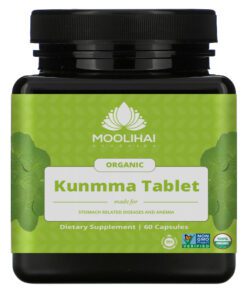

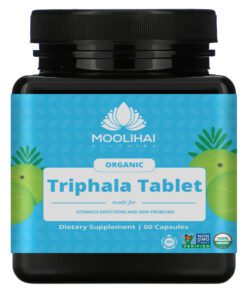
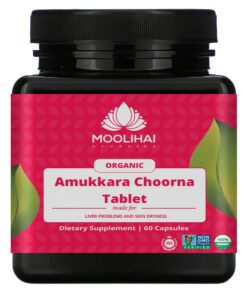
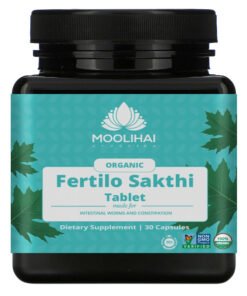

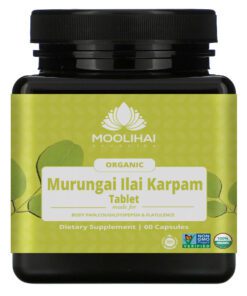

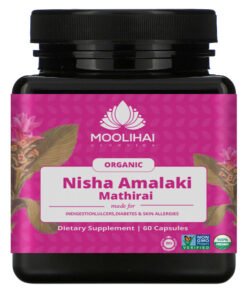
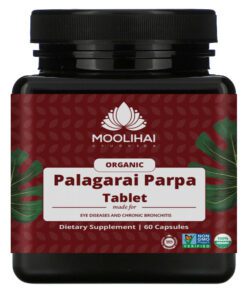


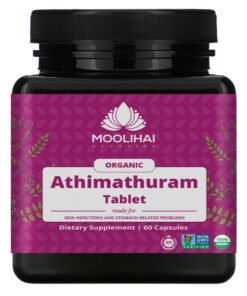
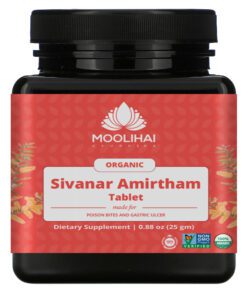

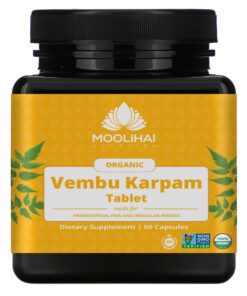
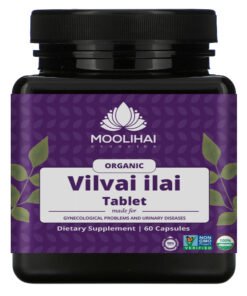
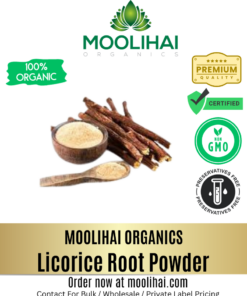

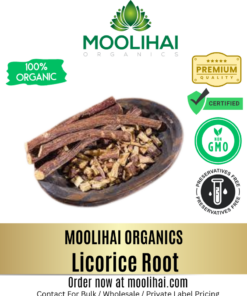

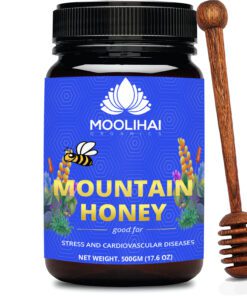


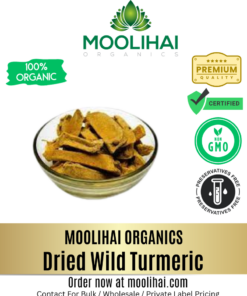

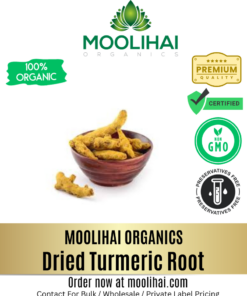

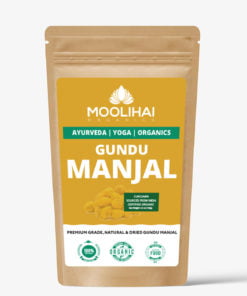
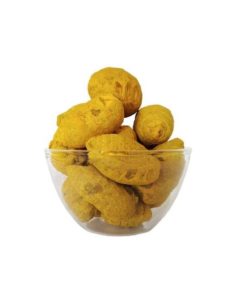
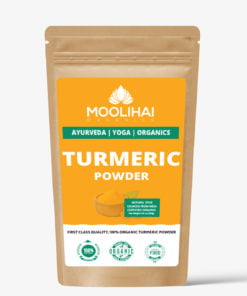

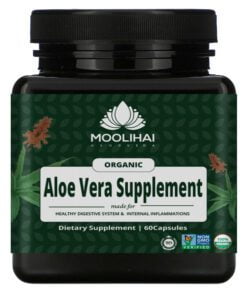
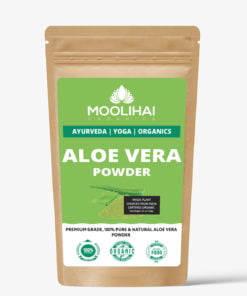

Ponnatharam Stone (Raw) | For Permanent Hair Removal
Vengai Paal | Black Bindi | Dhrishti Pottu | Vengai Pottu for Babies | 100% Natural
Dried Avaram Senna Flower / Cassia Senna Auriculata / Aavaram Poo / Tarwar / Amaltas Leaves / Senna Auriculata / Avaram Poo / Sanay / Alexandrina / Tanner’s Cassia flower
Natural Dried Moringa Flower – Moringa Oleifera – Drumstick Tree Flower – Murungai Poo – Munagaku Flower
Akasa Garudan Kilangu / Redfruit Creeper / Corallocarpus Epigaeus
Original Edible Camphor | Pacha Karpooram | Bhimseni Camphor
Saussurea Obvallata Seeds / Brahmakamal Seeds / Queen of the night / Sacred Saussurea Kon Kapfu / Brahma Kamalam / Nishagandha
Insulin Leaf Powder / Chamaecostus Cuspidatus / Costus Pictus / Spiral Ginger / Insulin Powder / Costus Igneus
Achu Pottu for Babies | Bindi Mould Set | Baby Seratta – 1 Set
Kaunch Beej Powder |Poonaikali | Velvet Bean Powder | Mucuna Pruriens | Kapikacchu | Natural Nervine Tonic & Muscle Builder
Aalam Pazham / Banyan Fruit Powder / Ficus Benghalensis / Marri Palu / Bargad / Dodda Alada Mara / Peraal / Vat Vriksha Powder
Traditional Vasambu Valayal for Babies | Calamus Bracelet | 100 % Pure & Natural